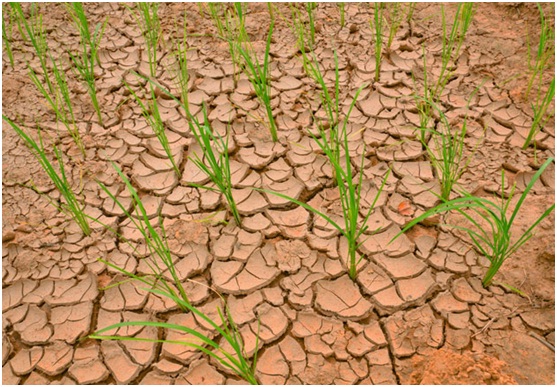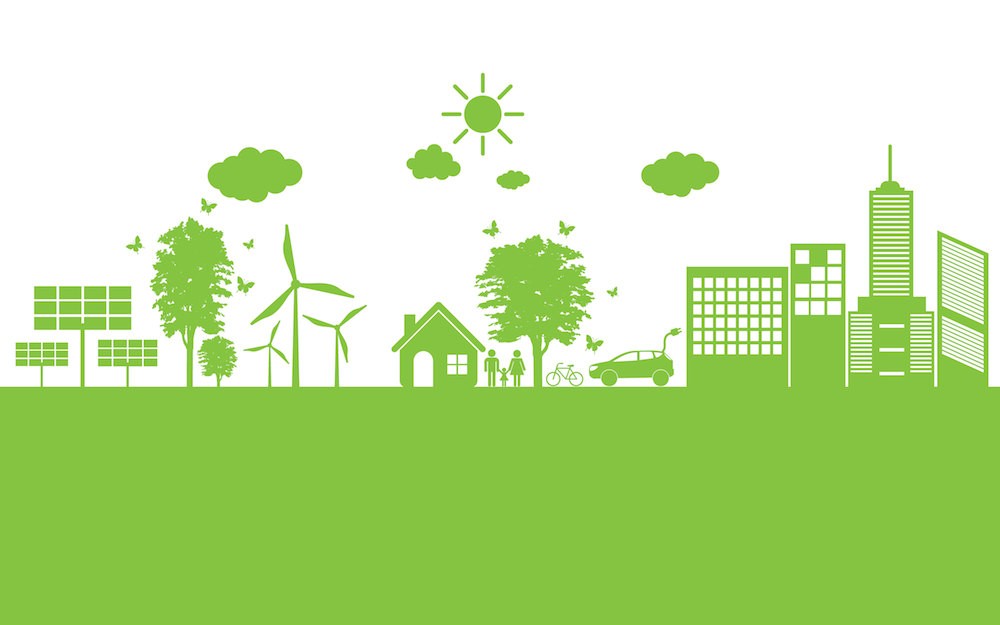How To Deal With Soil Pollution
Soil pollution or contamination of any kind can pose a significant threat to the ecosystem of an area, as well as the people who live there. Often, pollution can go unnoticed for many years, causing silent damage. Fortunately, there are ways to treat contamination, as well as professionals who know how to deal with the problem efficiently and effectively. These companies should be your first port of call if you suspect that soil contamination or pollution is effecting your home or local environment.
Who Can Treat Soil Pollution?
Specialist earthworks remediation contractors will be your first contact if this problem is suspected. They have plenty of expertise in this issue, and will be able to assess the land in question, run tests, and carry out a range of treatments to decontaminate the soil and remove any pollution present. A variety of treatment techniques have emerged in recent years, allowing remediation experts to deal with a vast range of hazardous contaminant materials, from heavy metals to pesticides. They should be able to treat your soil quickly and at a reasonable price, so making contact is key to the swift decontamination of your land.
What Is Soil Pollution?
Soil contamination and pollution primarily occurs as a result of human activity, such as infestation of pesticides from agriculture, industrial waste emitting toxic chemicals into soil, or biological waste. These can include:
· Industrial waste, including textiles, pesticides, drugs, petroleum, glass, steel, and other materials from industrial factories and oil refineries
· Urban waste, including rubbish and sewage
· Agricultural waste, including fertilizer, pesticides, manure, and debris
· Biological agents coming from animal manure
· Radioactive contaminants, including substances like Nitrogen, Radium, and Uranium (these substances can be particularly toxic and dangerous when released into soil)
When these contaminants are released into the soil, they disturb the natural balance of chemicals that exists in healthy soil, causing a build-up that exceeds the natural level of a particular substance. This causes pollution that spreads through the soil and is then released into the atmosphere of the area.
What Are The Effects Of Soil Pollution?
The effects of soil pollution on a population will depend on the type of contaminant in question, as well as the extent of the exposure. Unfortunately, contamination can have a drastic impact on people, animals, and plants, so the entire ecosystem can be under threat from pollution. Children are particularly vulnerable to soil contamination because of their weaker immune systems, and the closer proximity they tend to have to the ground.
Because gases coming from the soil can move upward through the earth, moving by wind and spread through the air we inhale, certain contaminants can present a major problem. Pollution in soil that’s used for agricultural purposes is of particular concern, as the contamination can spread into the food being grown at the location, which then causes illness in those who eat it.
Certain symptoms in a population can indicate the presence of soil pollution. These include nausea, headaches, widespread and unexplained fatigue, rashes, eye problems, kidney and liver problems, and certain types of cancer. These symptoms can be triggered by a broad variety of types of soil contaminants, so it’s crucial that the land is tested thoroughly by specialists to avoid pollution taking place and causing widespread damage.




0 Comments
Recommended Comments
There are no comments to display.